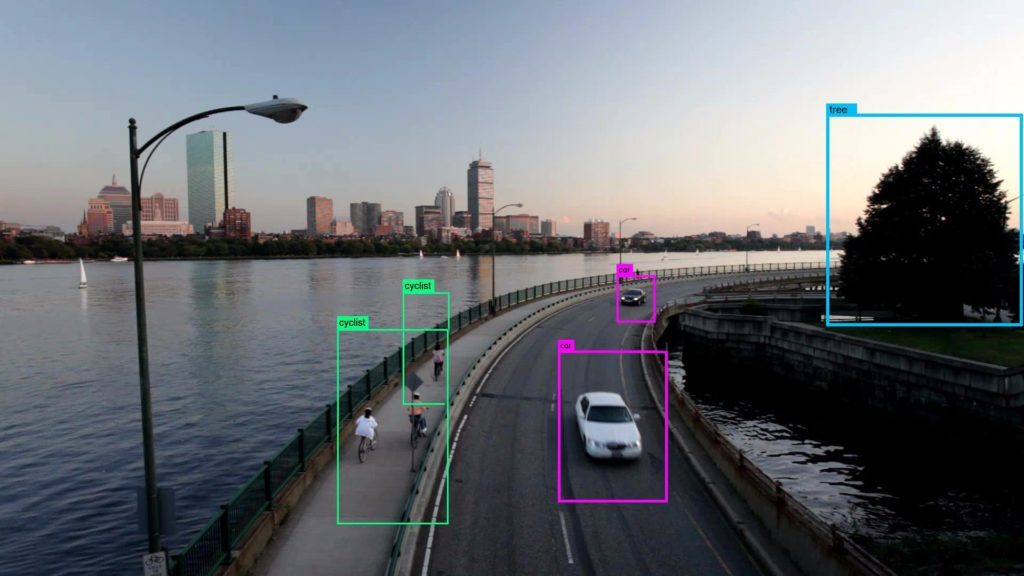
The round was led by Pelion Ventures, with participation from Sherpa Capital, Motorola Ventures, 360 Capital Partners, Draper Associates Investments, SK Ventures, and Idinvest Partners through its Electranova Capital II Fund and in partnership with Ecomobility Ventures. Both 360 Capital Partners and Draper Associates also provided seed funding.
“Based on work originally developed for NASA, ‘The Neurala Brain’ enables a new generation of smart products that learn, adapt and interact with their environment in real time,” says the company.
“The Neurala Brain is designed to work and function they way that the human brain works – it learns faster and extrapolates more quickly,” says Roger Matus, Neurala’s Vice President of Products and Markets. Developed for NASA to use in planetary exploration, the software is uniquely scalable – it can operate locally on a device like a drone. “From the beginning, all of our work was done in places where resources were limited… Internet access is pretty weak on the surface of Mars,” says Matus. “We’ve had to develop fast, lean deep learning from the beginning. That allows us to commercialize in places that others cannot.”
Neurala’s “Anywhere Brain” means that devices can learn on the job: developing recognition of jobsite specific elements.“The ability to take broad knowledge but go onsite and make it specific knowledge is unique to Neurala,” comments Matus. In addition to the company’s expansion into self-driving cars, toys, and other markets, drones are a major application for the Brain.
“Right now drones are our largest market: the drone space is the largest and most active,” says Matus. “We’ll be shipping in every Teal drone – they’ll have a follow-me app with a Neurala brain in every drone – and we have a multi-year agreement with Parrot.” The company has numerous partnerships with commercial drone companies, especially those focused on inspection work: cell tower, power line, and solar panel inspections. Additionally, they’ve seen a lot of interest in drone based security. Neurala’s software is uniquely fitted for applications like this: the Neurala Brain could, for example, learn to recognize cell towers from a database offline, but then learn to recognize specific towers (or symptoms of corrosion or other problems) from the drone while on the job. “The thing that makes Neurala software so exciting is that you can actually learn on the device while it is deployed,” Heather Ames Versace, Neurala’s COO, tells DRONELIFE.
The company will use this round of capital to bring the Neurala Brain to more applications. “We’ll be using the funding to expand our team,” says Ames Versace. “We have several new innovations for our technology roadmap, and we’ll also work to expand into new verticals.” The company’s plans for new developments are filling urgent needs in the drone space: “Autonomous navigation and collision avoidance are new innovations that need to come – you’ll be seeing that sooner rather than later from Neurala,” says Matus.
Miriam McNabb is the Editor-in-Chief of DRONELIFE and CEO of JobForDrones, a professional drone services marketplace, and a fascinated observer of the emerging drone industry and the regulatory environment for drones. Miriam has penned over 3,000 articles focused on the commercial drone space and is an international speaker and recognized figure in the industry. Miriam has a degree from the University of Chicago and over 20 years of experience in high tech sales and marketing for new technologies.
For drone industry consulting or writing, Email Miriam.
TWITTER:@spaldingbarker
Subscribe to DroneLife here.